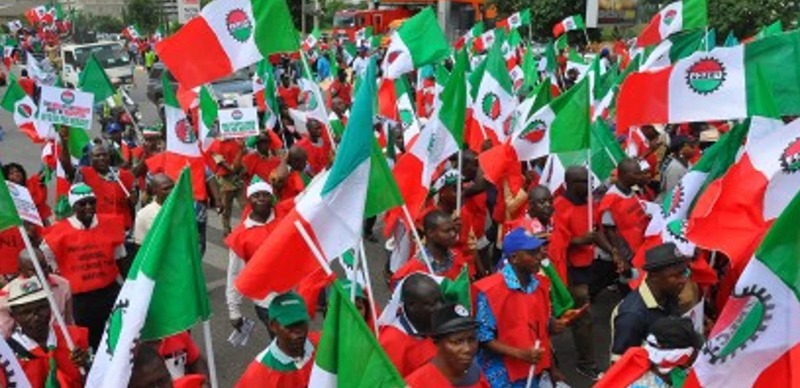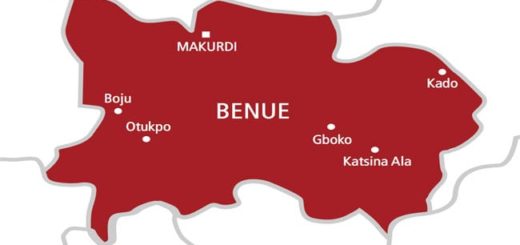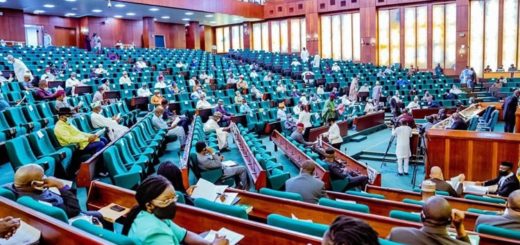Organised Labour Initiates Nationwide Protests Against Electricity Tariff Increase
 Organized labor is set to kick off nationwide protests today (Monday) against the recent increase in electricity tariffs and the removal of subsidies in Nigeria’s power sector by the Federal Government.
Organized labor is set to kick off nationwide protests today (Monday) against the recent increase in electricity tariffs and the removal of subsidies in Nigeria’s power sector by the Federal Government.
Confirming the planned protests in separate interviews on Sunday, the National Treasurer of the Nigeria Labour Congress, Olatunji Ambali, and the National Deputy President of the Trade Union Congress, Tommy Etim, insisted on reverting to the subsidy era by reversing the tariff hike.
The protest is expected to result in the closure of the Abuja headquarters of the Nigeria Electricity Regulatory Commission, the Ministry of Power, and state offices of power distribution companies.
The Nigeria Electricity Regulatory Commission (NERC) announced the tariff hike for Band A customers on April 3, revealing an increase to N225 per kilowatt-hour from the previous rate of N68/kWh, marking a 240% rise. This move effectively removed subsidies for Band A customers, constituting about 15% of the total 12.82 million power consumers across Nigeria.
While the government argued that the tariff increase, effective from April 3, 2024, would result in savings of N1.5 trillion and provide Band A customers with up to 20 hours of daily power supply, various stakeholders, including the House of Representatives, organized labor, and civil society organizations, demanded a reversal of the hike.
Justifying the increase during an investigative hearing held by the Senate Committee on Power, Minister of Power Adebayo Adelabu warned of nationwide blackout within three months if the tariff hike was not implemented, a statement contested by the Senate Committee.
Despite a recent downward review of the tariff by NERC from N225/kWh to N206.8/kWh, representing an approximate 8.1% reduction, organized labor remains resolute in its call for a total reversal of the hike.
Civil society groups have also thrown their support behind the protests, emphasizing the need for government policies that alleviate rather than exacerbate the hardships faced by Nigerians. They see the labor-led protests as a collective effort to address issues of inequality, poverty, corruption, and lack of social justice.
As labor unions and civil society organizations prepare for nationwide protests, their collective aim is to compel the government to reconsider its policies and prioritize the welfare of Nigerian citizens.













